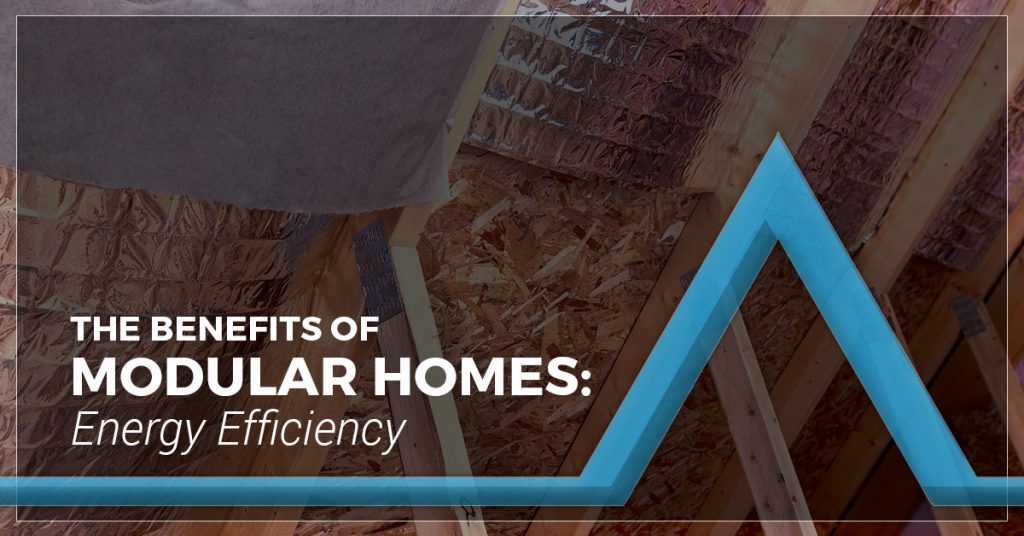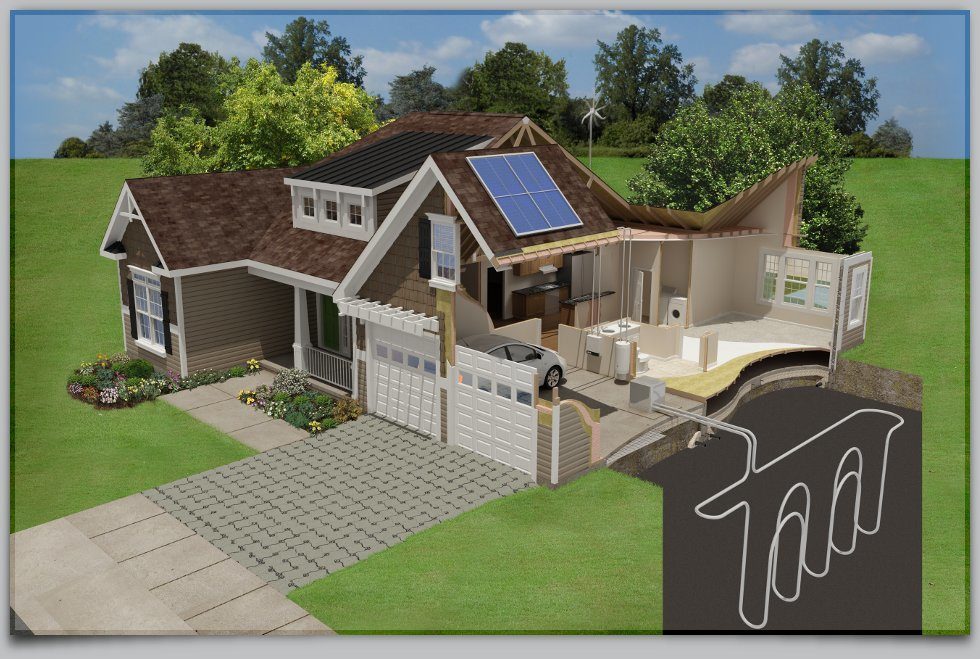
Supreme Modular custom-built homes come in just about any color imaginable, and our select homes are proudly Green Modular Construction, Green as in having been built using environmentally friendly methods and materials. Supreme Modular kicked off their “Planet Friendly Homes” initiative with a company wide meeting to review what the Supreme Modular Family is doing to help keep the planet green, and recycling is at the heart of the effort. We believe Supreme Modular Homes has some of the most aggressive recycling efforts in our industry. Recycling is very much a part of the way we do business.
Why are modular homes considered green construction?
Modular homes are considered green construction because they offer a number of environmental benefits over traditional stick-built homes. These benefits include:
- Reduced waste. Modular homes are built in a factory, which allows for more precise material usage and less waste. This is because the materials can be pre-cut and pre-fabricated to the exact specifications of the home, which minimizes the amount of material that is wasted.
- Less energy consumption. Modular homes are typically more energy-efficient than traditional stick-built homes. This is because they are built with energy-efficient materials and features, such as insulation, energy-efficient windows and doors, and solar panels.
- Lower emissions. Modular homes produce fewer emissions than traditional stick-built homes. This is because they require less energy to build and operate.
- Sustainable materials. Modular homes can be built with sustainable materials, such as recycled materials and materials that are locally sourced.
- Recyclability. Modular homes are designed to be easily disassembled and recycled at the end of their life. This helps to reduce the amount of waste that goes to landfills.
Overall, modular homes offer a number of environmental benefits over traditional stick-built homes. If you are looking for a green home, modular construction is a great option.
If you are looking for a green home, modular construction is a great option.
All Our Homes Are Energy Efficient – Not Just An Option – Modular Home Green Construction

Because our custom modular homes are constructed in a climate controlled environment, they are less prone to mold. The materials used in the construction of the modular home green construction process have been well stored and are not subjected to the elements as in legacy stick built homes. Modular homes are better sealed and insulated, improving your overall energy performance and lowering energy costs.
Healthier – High Performance – Sustainable Materials
Some of the most common sustainable materials used in modular construction include:
- Recycled materials. Modular homes can be built with recycled materials, such as recycled wood, recycled steel, and recycled concrete. Recycled materials help to reduce the amount of waste that goes to landfills.
- Locally sourced materials. Modular homes can be built with locally sourced materials, which helps to reduce the environmental impact of transportation. Locally sourced materials also help to support the local economy.
- Sustainable building products. There are a number of sustainable building products that can be used in modular construction, such as energy-efficient windows and doors, solar panels, and green roofs. Sustainable building products help to reduce the energy consumption and environmental impact of modular homes.
Green Materials
Some of the most common green materials used in modular construction include:
- Wood. Wood is a sustainable material that is renewable and carbon-neutral. It is also a good insulator, which can help to reduce energy consumption.
- Concrete. Concrete is a durable material that can be made with recycled materials. It is also a good thermal mass, which can help to regulate the temperature of a home.
- Steel. Steel is a strong and durable material that can be made with recycled materials. It is also a good conductor of heat, which can help to improve the efficiency of a home’s heating and cooling system.
- Insulation. Insulation helps to keep homes warm in the winter and cool in the summer. There are a number of green insulation materials available, such as recycled cellulose, blown fiberglass, and mineral wool.
- Windows and Doors. Energy-efficient windows and doors help to reduce energy consumption. There are a number of green window and door options available, such as triple-paned windows and low-emissivity coatings.
- Solar Panels. Solar panels can generate electricity from the sun. This can help to reduce a home’s reliance on fossil fuels.
- Green Roofs. Green roofs are roofs that are covered with vegetation. They can help to improve air quality, reduce storm water runoff, and insulate homes. Consult with you local building code official regarding green materials.
Green Procedures
In addition to using green materials, there are a number of green procedures that can be used in modular construction. Some of the most common green procedures include:
- Water conservation. Water conservation measures can be used to reduce the amount of water used during construction. Some examples of water conservation measures include using recycled water, installing low-flow fixtures, and rainwater harvesting.
- Energy efficiency. Energy efficiency measures can be used to reduce the amount of energy used during construction. Some examples of energy efficiency measures include using energy-efficient lighting, insulation, and appliances.
- Waste reduction. Waste reduction measures can be used to reduce the amount of waste generated during construction. Some examples of waste reduction measures include recycling, composting, and reusing materials.
- Sustainable transportation. Sustainable transportation measures can be used to reduce the environmental impact of transportation during construction. Some examples of sustainable transportation measures include using public transportation, carpooling, and walking or biking.
By using green materials and procedures, modular construction can help to reduce the environmental impact of home building.